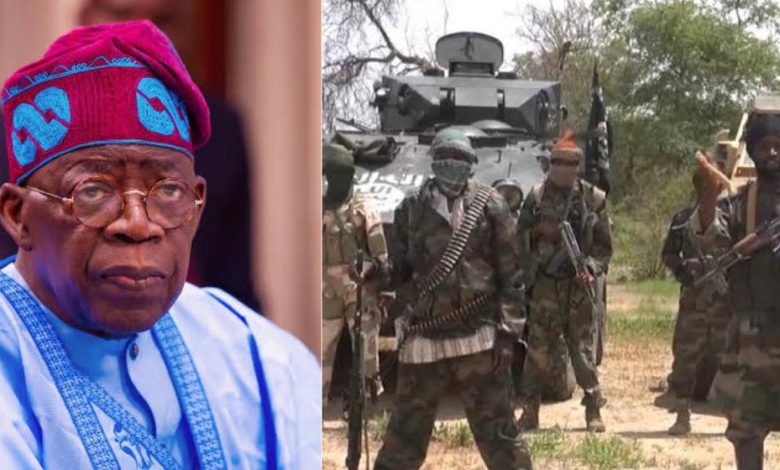
The Presidency has finally addressed the growing public concerns over why security agencies are unable to launch direct strikes on bandit groups across Northern Nigeria.
The clarification came from Bayo Onanuga, the Special Adviser to President Bola Tinubu on Information and Strategy.
He spoke during an appearance on Arise Television’s Prime Time on Monday.
Onanuga explained that security operatives are fully aware of the locations where many of the bandit cells operate.
However, according to him, the challenge is not lack of intelligence but the danger of acting hastily.
He noted that most of the bandits hide within local communities and they live close to ordinary citizens, making any sudden military strike extremely risky.
Onanuga stressed that this situation limits the freedom of security operatives to strike first.
He warned that an attack carried out without proper separation between civilians and criminals could lead to massive casualties.
Reacting to questions on recent attacks, he said:
“The security personnel must act carefully to avoid harming citizens.”
He recalled a previous incident in the North-East where a wrong target was hit during a counter-terror operation.
According to him, that mistake remains a strong reminder that caution is necessary.
He added:
“Something happened in Borno last time when the military thought they had the location of the terrorists only to bomb the wrong people.
They need to be very careful so that in the course of looking for these bandits, they don’t go and bomb innocent Nigerians.”
His comments follow a disturbing wave of fresh violence in the North.
In Kwara State, bandits stormed Christ Apostolic Church and kidnapped 38 worshippers.
Some victims were killed during the attack.
President Tinubu later announced that all 38 abductees had been rescued.
In another incident, more than 200 students were seized from a Catholic private school in Niger State. Fifty of the children managed to escape and were reunited with their families.
Security agencies continue to face pressure as communities deal with renewed fear and uncertainty.

